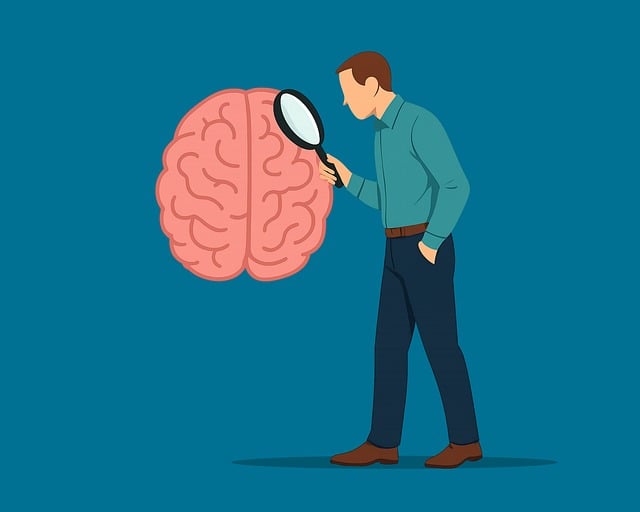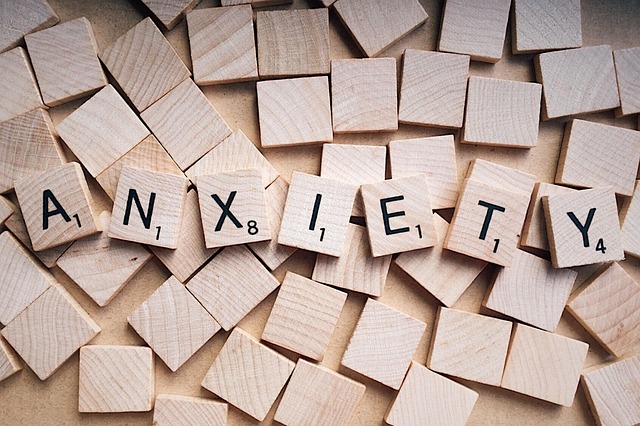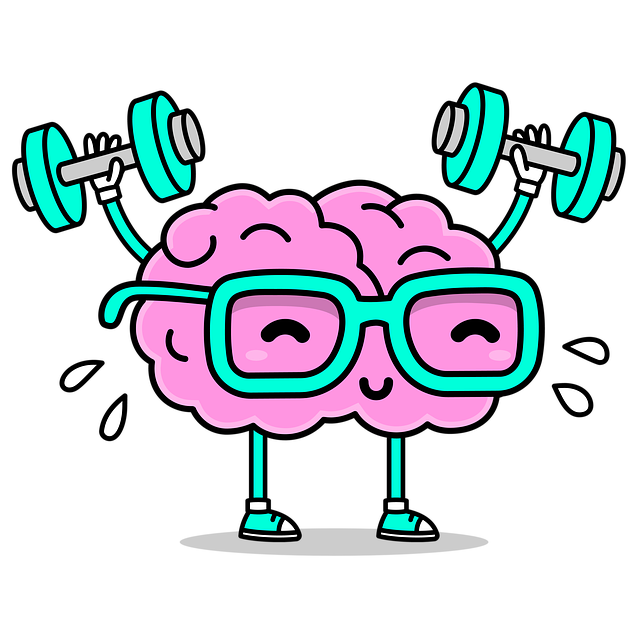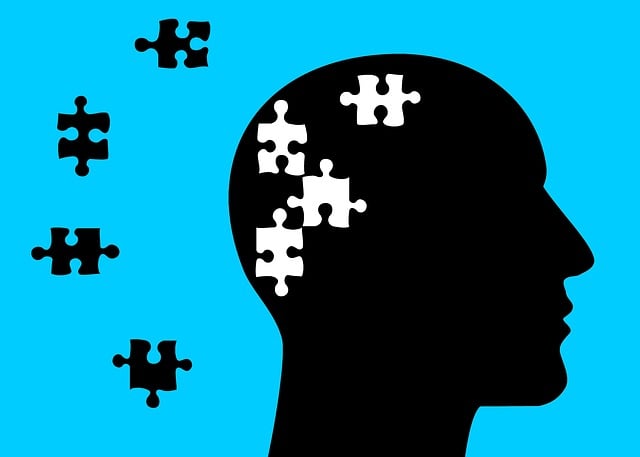Englewood ADD-ADHD Therapy focuses on comprehensive mood regulation through evidence-based Cognitive Behavioral Therapy (CBT), empowering individuals with negative thought pattern challenges and healthier coping strategies. CBT, combined with mindfulness practices like meditation, deep breathing, and lifestyle adjustments such as nutrition and exercise, enhances emotional stability, reduces stress, and improves overall well-being for better mental health management in Englewood.
“Discover effective mood regulation strategies to navigate life’s challenges. This comprehensive guide explores various approaches tailored for individuals with ADD-ADHD in Englewood. We delve into the intricacies of understanding and managing moods, offering insights on Cognitive Behavioral Therapy (CBT) as a powerful tool for emotional control. Additionally, learn mindfulness techniques, lifestyle adjustments, and how nutrition, exercise, and sleep play vital roles in enhancing mood regulation skills. Embrace these strategies to transform your well-being.”
- Understanding Mood Regulation: Unraveling the Complexities of ADD-ADHD
- Cognitive Behavioral Therapy (CBT): A Powerful Tool for Emotional Management
- Mindfulness and Meditation Techniques to Calm the Mind
- Lifestyle Adjustments: Nutrition, Exercise, and Sleep for Better Mood Control
Understanding Mood Regulation: Unraveling the Complexities of ADD-ADHD

Understanding Mood Regulation involves navigating the intricate dance between our thoughts, feelings, and behaviors—especially for those living with Attention Deficit Disorder (ADD) or Attention-Deficit/Hyperactivity Disorder (ADHD). These conditions can significantly impact an individual’s ability to manage and stabilize mood, making everyday tasks and relationships challenging. Englewood ADD-ADHD Therapy offers a beacon of hope, providing tailored strategies to unravel these complexities.
Through evidence-based approaches, therapists help individuals build resilience and develop inner strength. Techniques such as cognitive-behavioral therapy (CBT) empower clients to challenge negative thought patterns and replace them with healthier ones. By fostering confidence boosting strategies, these therapeutic methods enable people with ADD/ADHD to better regulate their emotions, improve focus, and enhance overall well-being. This journey towards mood regulation is transformative, helping individuals navigate life’s ups and downs with greater ease.
Cognitive Behavioral Therapy (CBT): A Powerful Tool for Emotional Management

Cognitive Behavioral Therapy (CBT) is a highly effective approach to mood regulation and emotional management, making it a valuable tool for individuals seeking to improve their mental well-being, including those with ADD/ADHD in Englewood. CBT focuses on identifying and changing negative thought patterns and behaviors that contribute to distressing emotions. By learning to recognize and challenge distorted thinking, individuals can develop healthier coping strategies and gain better control over their emotional responses.
This therapy empowers clients to understand the connection between thoughts, feelings, and actions, enabling them to apply Mind Over Matter principles in their daily lives. Through CBT, individuals acquire resilience-building skills to manage stress and anxiety effectively. By targeting specific thought processes, CBT provides anxiety relief and helps individuals develop a more positive outlook on life, ultimately enhancing their overall emotional stability.
Mindfulness and Meditation Techniques to Calm the Mind

In today’s fast-paced world, mindfulness and meditation have emerged as powerful tools for regulating moods and managing mental health, particularly relevant for those seeking Englewood ADD-ADHD Therapy. These ancient practices focus on training the mind to be fully present in the current moment, thereby reducing the impact of stressful thoughts and emotions. Through techniques like deep breathing exercises, guided visualizations, and focused attention on bodily sensations, individuals can cultivate inner strength development and enhance their ability to cope with life’s challenges.
Meditation practices have been shown to reduce symptoms of anxiety relief, promoting a sense of calm and clarity. By fostering cultural sensitivity in mental healthcare practice, mindfulness meditation becomes an inclusive tool that caters to diverse populations, allowing for more effective mood regulation strategies. Through regular engagement in these techniques, individuals can develop a deeper connection with their thoughts and emotions, leading to improved emotional intelligence and overall well-being.
Lifestyle Adjustments: Nutrition, Exercise, and Sleep for Better Mood Control

Englewood ADD-ADHD Therapy highlights the power of lifestyle adjustments in mood regulation. Nutrition plays a crucial role; incorporating nutrient-rich foods and staying hydrated can significantly impact mental well-being. A balanced diet, rich in omega-3 fatty acids, vitamins B and D, and antioxidants, has been linked to improved mood and reduced symptoms of depression and anxiety.
Regular exercise is another effective tool for mood control. Physical activity stimulates the release of endorphins, often referred to as ‘feel-good’ hormones, which can enhance mood and reduce stress. Moreover, engaging in activities like yoga or meditation during exercise can promote relaxation and improve overall mental health. Alongside these practices, prioritizing quality sleep is essential. Adequate rest allows the body to restore and rebalance, positively influencing emotional regulation and cognitive function. Incorporating these lifestyle changes, as part of a holistic approach, such as those offered in Mental Health Education Programs Design, can empower individuals to develop Self-Care Routine Development for Better Mental Health, ultimately leading to better mood control.
In conclusion, managing mood regulation effectively is a multifaceted approach that includes understanding conditions like ADD-ADHD, leveraging evidence-based therapies such as CBT, adopting mindfulness practices, and making strategic lifestyle adjustments. By combining these strategies, individuals in Englewood seeking ADD-ADHD therapy can gain greater emotional control and enhance their overall well-being.












